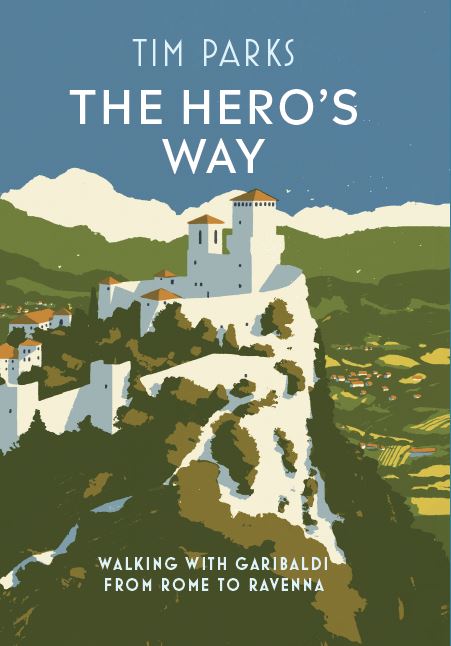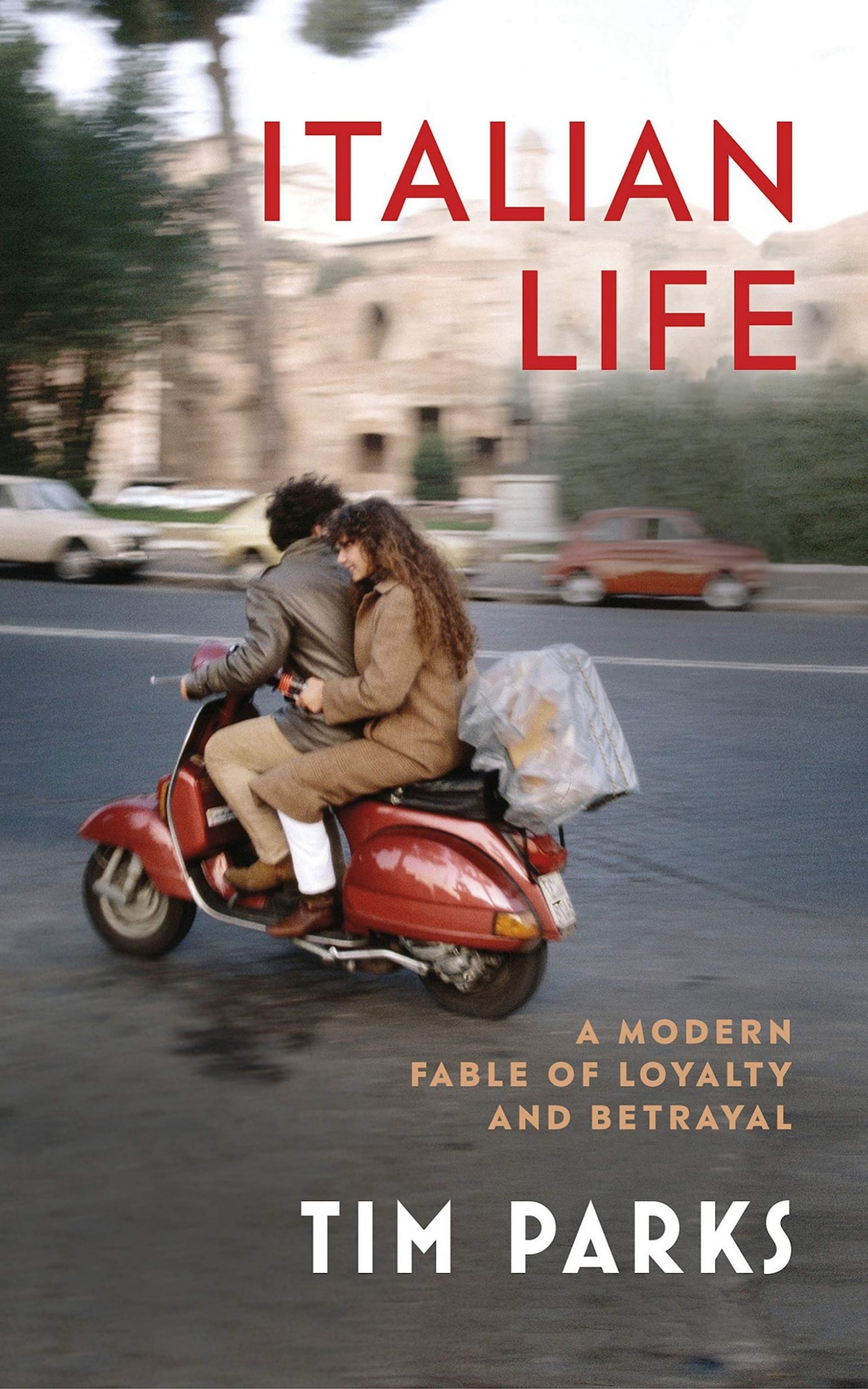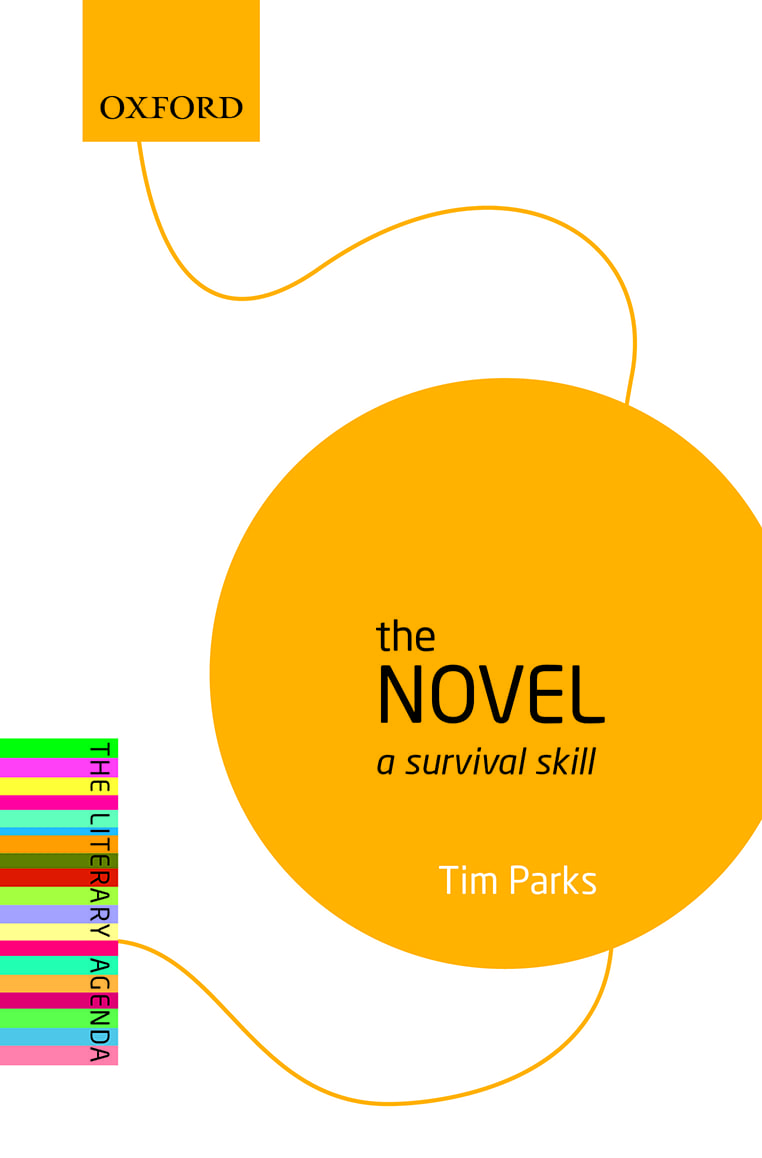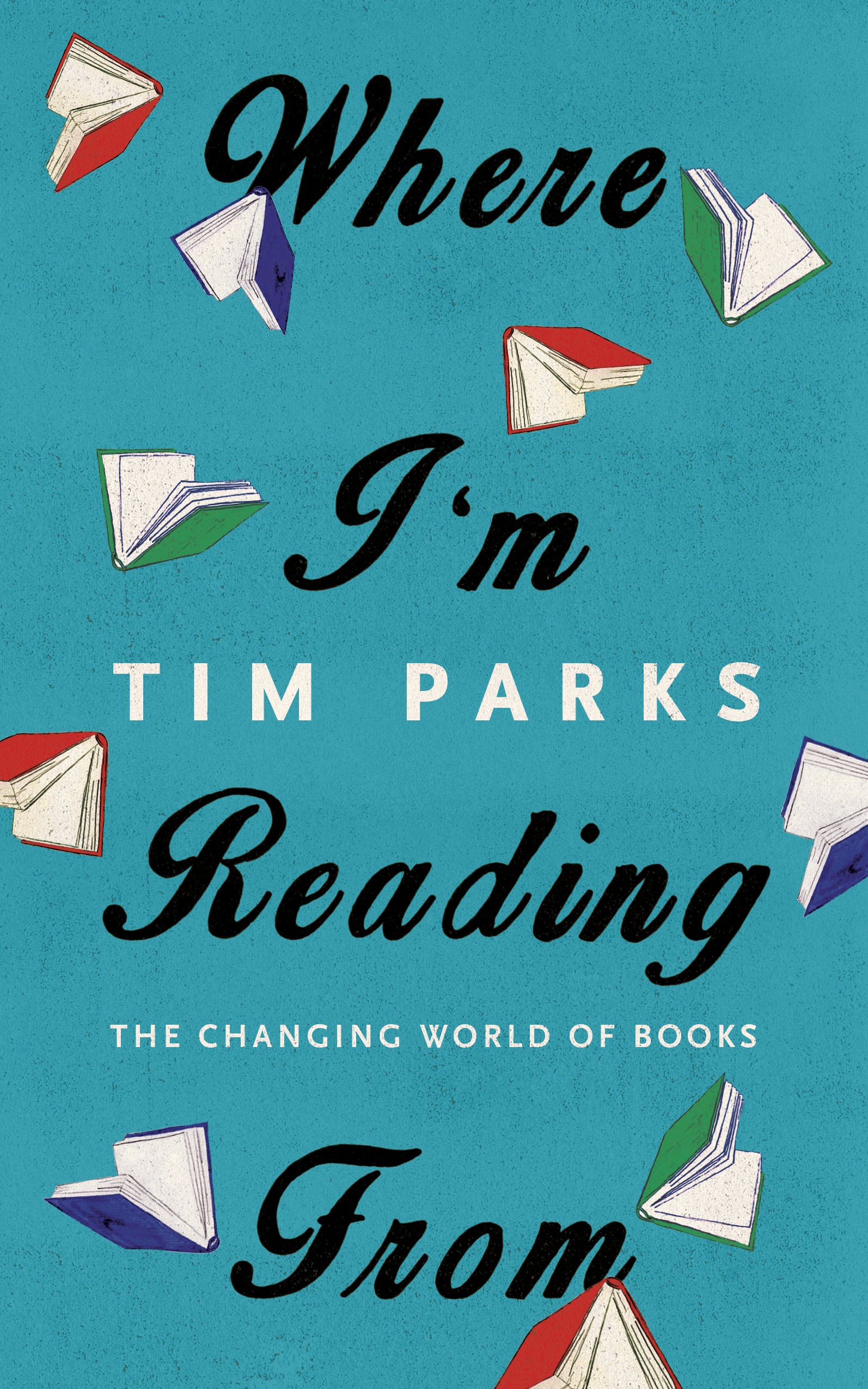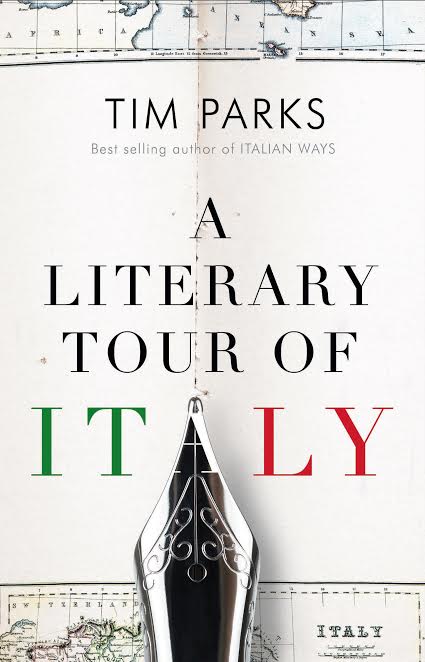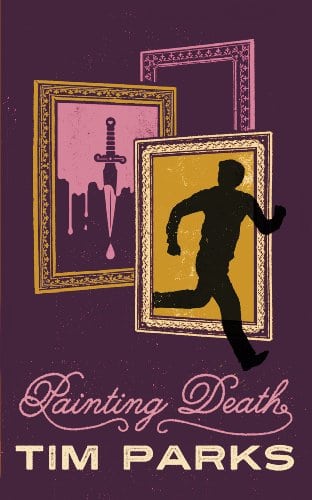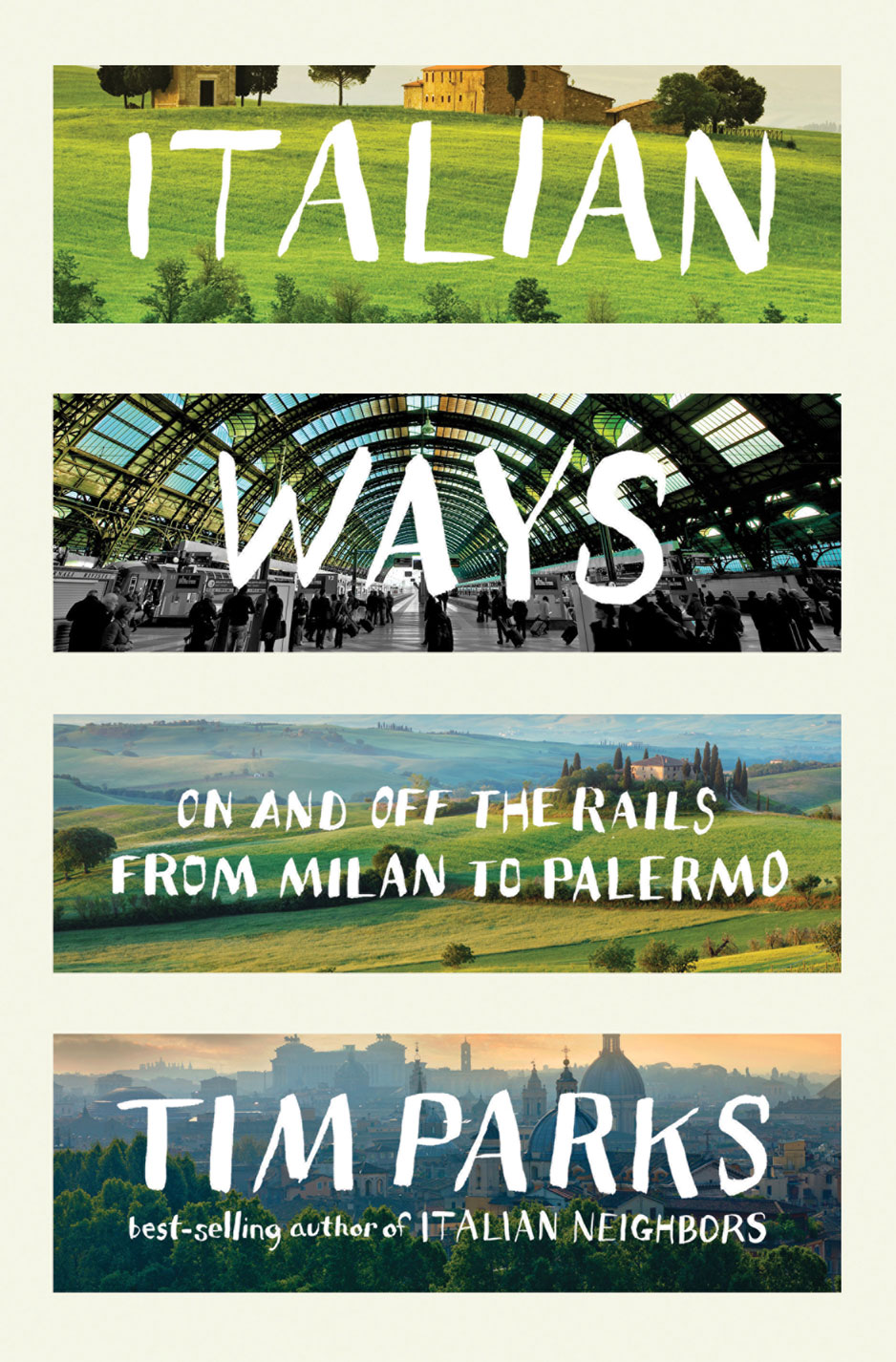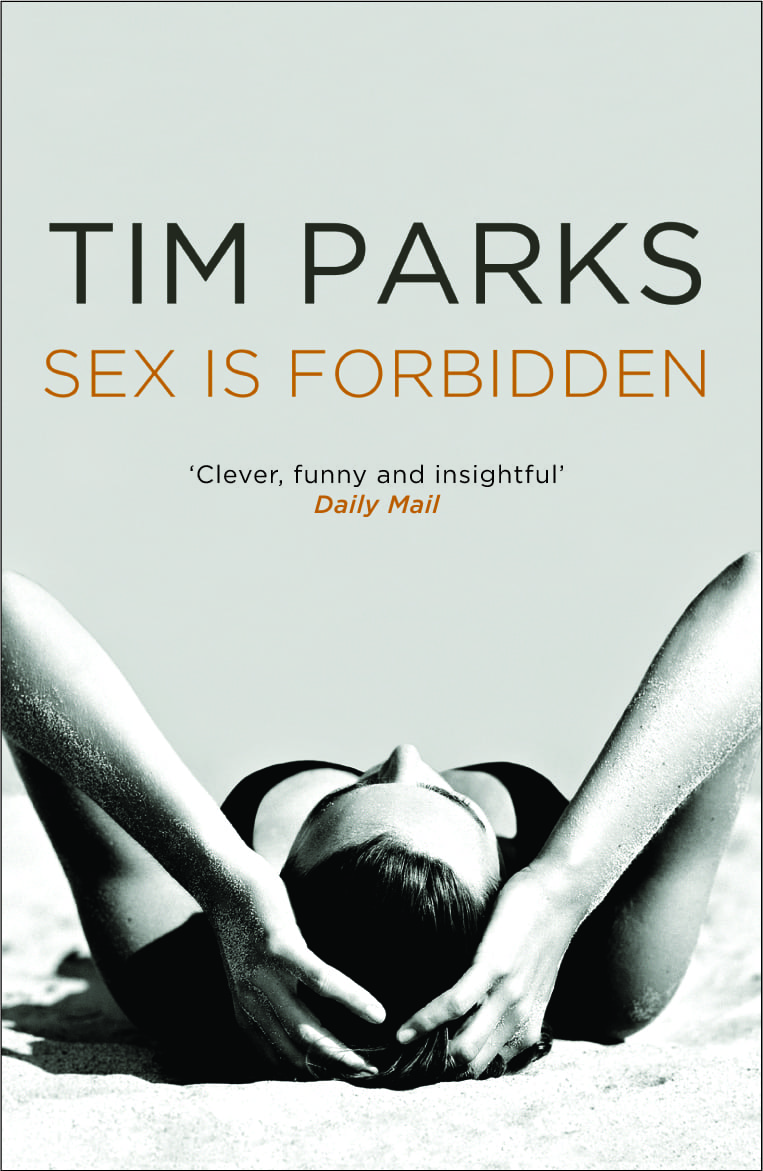Sunday is Valentine’s Day. But we already know that Matteo Viviani is giving Isabella Tosi a ring. ‘It’s gold!’ my daughter Stefi insists. She is very excited. Matteo and Isabella are in her class. But he is eleven, a year older than her, because he got sent down a class for failing all his exams. ‘They’re in love,’ Stefi simpers.
‘Rubbish!’ my wife snaps. We are both troubled by this precocity. TV commercials have been showing pre-pubic sweethearts exchanging expensive gifts. While the old are expected to stay younger, the young, apparently, must have adult aberrations as soon as profitably possible.
‘Hurry up, Papà, I need the bathroom.’
My son Michele, who at thirteen only recently stopped turning away in disgust when lovers kissed in films, tells me he has to take a shower. It’s a welcome surprise. Usually his clothes have to be sequestered before he will even consider it. But he seems pensive. ‘What an idiot,’ Stefi is, he says, ‘Drooling over rings and things.’
Then in the car on the way to school, he remarks, ‘Oh, and I need some money for a haircut’
‘A what!’
‘I need a haircut,’ my son says defiantly.
This is extraordinary.
‘Michele’s in love!’ Stefi crows.
Immediately he thumps her. There is rage and wailing in the back of the car. When I manage to threaten them into silence, he explains casually: ‘Because San Valentino falls on the Sunday, we’re going out to the Pizzeria tonight.’
‘Who’s we?’
‘The whole class of course.’
Without a word I hand him ten thousand lire.
Is there any useful advice you can give your children as they tip over the edge of this particular precipice? One of the reasons we get nervous about the drift to precocity is that in provincial Italy, even the earliest relationships can last forever. Italians like to operate in groups, people keep their school friends till late it in life and once a couple has formed inside the group, the others respect it. Modern families cement the relationship by allowing teenagers to sleep over together at weekends. By the time they’re twenty, separation seems as unimagin¬able as divorce to a Victorian clergyman.
‘Just have fun,’ I tell Michele, driving him through fog to the pizzeria. He is worried that we are late. ‘Have a laugh,’ I plead. ‘Eleven fifteen,’ he says determinedly, when I ask what time he wants to be picked up.
Four hours later, I drive out again through what is now almost impenetrable fog. The pizzeria is in a converted farmhouse. Michele is waiting outside, forlorn, obviously the last. Shivering, he complains of a boring evening. After only an hour, all ‘the couples’ went off! Leaving just four boys alone with only a few thousand lire for computer games.
‘And where did they go?’
‘How should I know?’ he says darkly.
One of the nice things about Italy is that even late on a foggy night you can still take your child into a pleasant bar. I stop and offer a consolatory Coke. The counter is stacked with pink, heart-shaped chocolate boxes.
‘Papà,’ Michele asks, ‘why do the nice girls always go for the morons? The ones who’ve been sent down and play the fool and already have a moped even when they’re not old enough?’
Rather than asking him who the young lady is, I say: ‘But just think Mick, if you had a girlfriend, you’d be stuck with going out with her all the time.’
‘Do you call it stuck being with Mamma?’ he demands.
I have a policy that every time I’m tempted to say: ‘when you’re older, you’ll understand,’ I won’t say it. I’ll just fall silent. And in the silence, two things occur to me: that more and more a drink in the bar with me will be a fallback for my son, rather than something desired. But that then the beauty of parental love is that one is more than willing to be a fallback.
‘Let’s get Mamma a box of chocolates,’ I tell him.
‘But she never eats chocolates!’
‘It’s the thought that counts,’ I remind him. ‘Then we’ll eat them.’
Handing over the money, I realise I’m buying a Valentine – for my kids.
Tim Parks
Author, Translator, Essayist



